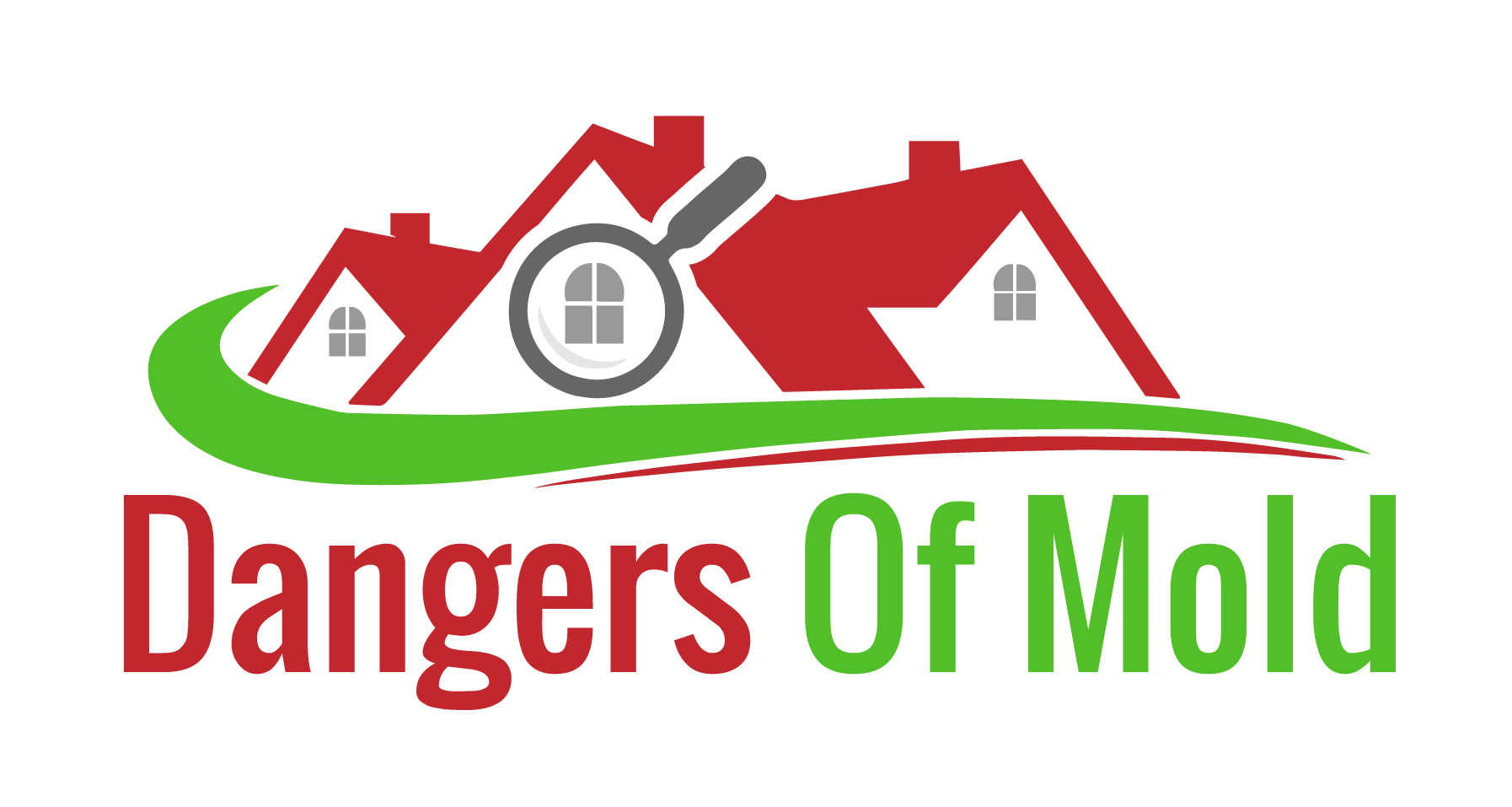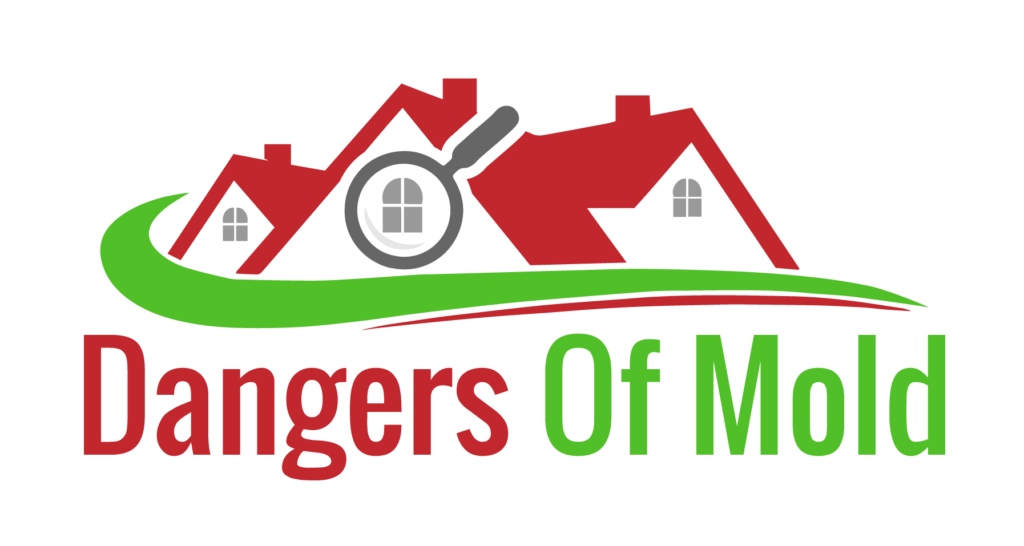Fungal Infections By Mold
Fungal infections are more common and severe in individuals with compromised immune systems because the immune system plays a crucial role in defending the body against infections, including those caused by fungi. When the immune system is weakened or suppressed, as is the case in conditions such as HIV/AIDS, cancer, or during immunosuppressive treatments, the body becomes more susceptible to opportunistic infections, including fungal infections. Here’s why compromised immune systems contribute to an increased risk of fungal infections:
Impaired Immune Response: The immune system is responsible for identifying and attacking pathogens, including fungi. In individuals with compromised immune systems, certain components of the immune response may be impaired or dysfunctional. This can include both the innate immune response (the immediate, nonspecific defense against pathogens) and the adaptive immune response (the more specific and targeted response developed over time).
Decreased Neutrophil Function: Neutrophils are a type of white blood cell that plays a crucial role in the immune system’s defense against fungal infections. In individuals with compromised immune systems, the number and function of neutrophils may be reduced, making it more difficult for the body to control fungal growth.
T-cell Dysfunction: T lymphocytes (T cells) are an essential component of the adaptive immune system. They play a key role in recognizing and eliminating fungal infections. Conditions such as HIV/AIDS directly target and damage T cells, leading to a weakened ability to mount an effective immune response against fungi.
Decreased Macrophage Activity: Macrophages are immune cells that engulf and digest pathogens, including fungi. In individuals with compromised immune systems, macrophages may have reduced activity, making it easier for fungi to evade the immune response.
Loss of Physical Barriers: The body has various physical barriers, such as intact skin and mucous membranes, that help prevent the entry of pathogens. However, conditions that compromise the immune system can also compromise these physical barriers, providing fungi with easier access to the body.
Immunosuppressive Treatments: Some medical treatments, such as chemotherapy, radiation therapy, and immunosuppressive drugs used in organ transplantation or autoimmune diseases, intentionally suppress the immune system. While these treatments are necessary for managing certain conditions, they also increase the risk of fungal infections by weakening the body’s defenses.
Common fungal infections in immunocompromised individuals include candidiasis (caused by Candida species), aspergillosis (caused by Aspergillus species), cryptococcosis (caused by Cryptococcus neoformans), and mucormycosis (caused by Mucorales fungi), among others.
Management of fungal infections in individuals with compromised immune systems often involves antifungal medications, but prevention through careful hygiene practices and minimizing exposure to fungal spores is also crucial. Regular monitoring and appropriate medical care are essential for individuals with compromised immune systems to detect and manage fungal infections promptly.
It’s important to note that not all molds produce mycotoxins (toxic substances produced by some molds), and the severity of health effects can vary. Prolonged exposure to high levels of mold, especially in indoor environments, may lead to chronic health issues over time.
If you suspect mold in your home or workplace and experience persistent health symptoms, it’s advisable to consult with a healthcare professional. Additionally, addressing the underlying cause of mold growth, such as moisture issues, is crucial to preventing further exposure. If you’re dealing with a significant mold problem, it’s recommended to seek the assistance of a professional mold remediation service.

